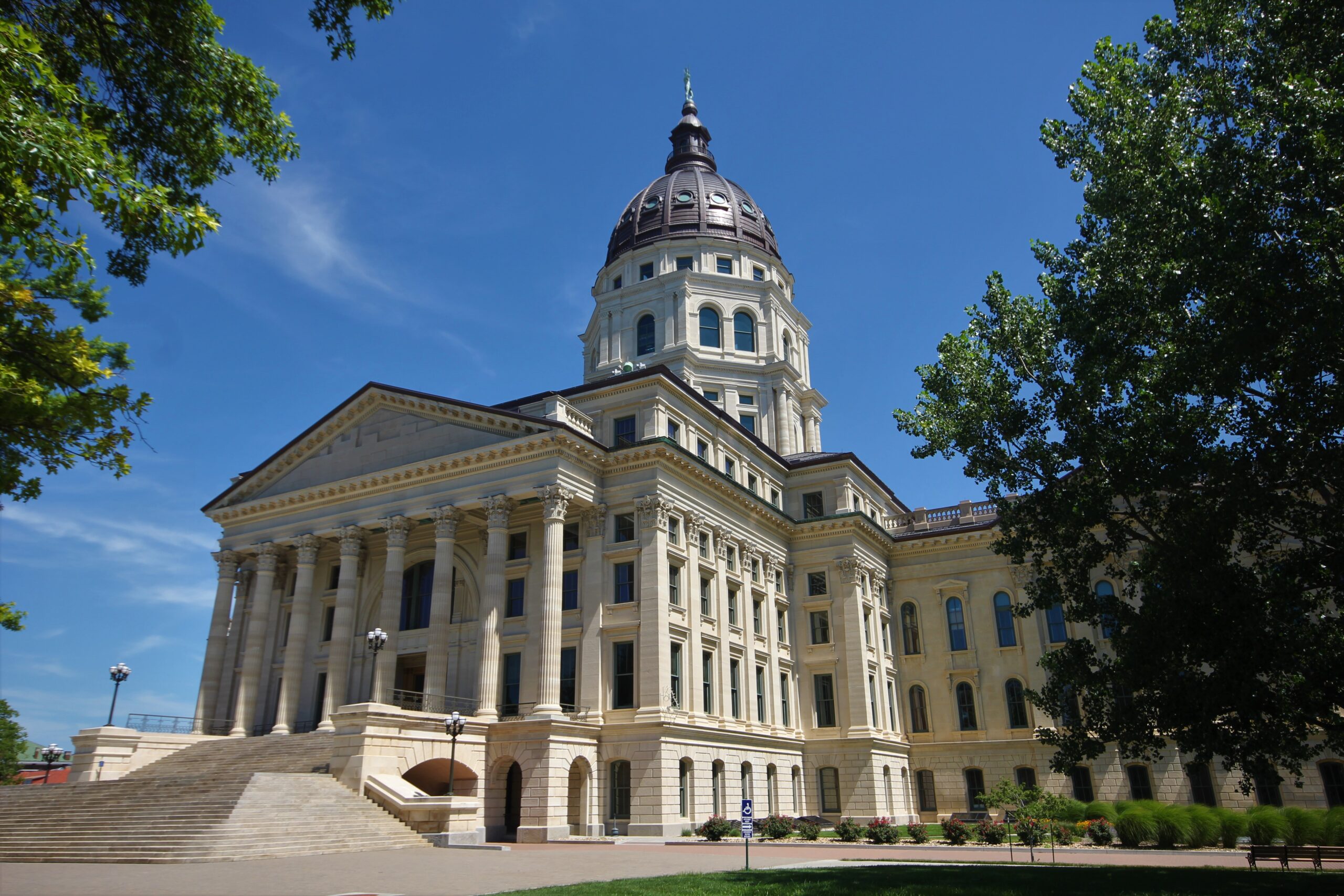Key Takeaways
• Kansas refused to hand over SNAP data to federal officials.
• State leaders worry about how the information might be used.
• Two lawsuits challenge the data demands and state response.
• Kansas already tracks fraud and errors in its SNAP program.
• Attorney General’s office will decide on the requests soon.
Kansas Protects SNAP Data
Kansas officials rejected a federal request for SNAP data in May. They said they could not hand over private details for more than 700,000 residents. The U.S. Department of Agriculture’s Food and Nutrition Service wanted personal records to detect waste and fraud. However, Kansas leaders argued that the request lacked clarity on how the data would be used.
Why Kansas Officials Rejecting SNAP Data Requests
The Department for Children and Families secretary and the governor said they have a duty to guard personal information. The initial federal letter did not explain specific uses for the SNAP data. Consequently, Kansas held back the records until it understood the plan. Moreover, the state already runs a strong fraud detection system in partnership with the USDA.
Federal Demands and State Pushback
Since May, federal officials have asked for detailed SNAP data. The state turned down the request due to legal and privacy concerns. Then, Kansas House Speaker Dan Hawkins accused the leaders of covering up fraud. In response, DCF secretary Laura Howard pointed out that federal law allows data sharing only for program administration. Yet the USDA’s notice in the Federal Register mentioned broader uses. That raised alarms about sharing data beyond the SNAP program.
Legal Battles Over Data Use
In June, privacy groups sued to block the data collection. Then, in July, Kansas joined other states in a second lawsuit. They asked the court to halt the federal demands. The state suit claimed the USDA aimed to build a massive database of personal records. It argued this goal goes far beyond catching waste or fraud in benefit programs. As the lawsuits play out, Kansas leaders worry that a court ruling could force them to expose private information.
Privacy Concerns and Legal Risks
Laura Howard said releasing the SNAP data could expose Kansas to legal liability. The state faces a risk if the courts side with the federal government. Anyone harmed by the data release could sue. Furthermore, the notice in the Federal Register lists many potential uses. It even suggests sharing records with other agencies for civil or criminal matters. Therefore, Kansas fears that SNAP data might end up in the wrong hands.
SNAP Error Rate in Kansas
Critics point to Kansas’s SNAP error rate as a reason to share data. They claim access would help find mistakes and lower the rate. However, Howard stressed that fraud detection processes already exist. The state and USDA sample cases monthly to check eligibility. They verify income, shelter costs, work status and more. If they spot an untruth, they refer the case for fraud investigation. Most errors occur due to complex rules, not fraud.
Steps to Improve SNAP Performance
Kansas is tackling its error rate with training and automation. Since the pandemic, error rates climbed from 3.9 percent in 2017 to 12 percent in 2023. In 2024, the rate fell to under 10 percent. The state retrains staff, updates manuals and tests application samples every month. It also plans to boost online applications to cut typos and miscommunications. These steps aim to speed up eligibility checks and reduce mistakes.
What Comes Next?
The Attorney General’s office is reviewing whether Kansas can lawfully withhold SNAP data. A decision should arrive within weeks. Meanwhile, the legal fights over the federal demands continue. If the courts side with Kansas, state leaders will have won a key privacy battle. If not, they may face tough choices about protecting residents’ personal information.
Frequently Asked Questions
Why did Kansas refuse to share SNAP data?
Kansas officials said the federal request lacked details on how the information would be used. They worried that the data might be shared beyond the SNAP program, risking residents’ privacy.
How does Kansas detect fraud in its SNAP program?
The state and USDA sample cases every month. They recheck applications from scratch, verifying income, shelter costs and work status. If they suspect fraud, they open an investigation.
What is Kansas doing to lower its SNAP error rate?
Kansas retrains staff, updates guides, and tests case samples monthly. It also plans to use more online applications to reduce data entry mistakes.
Could sharing SNAP data really help catch fraud?
SNAP data sharing can aid fraud detection if used properly. However, Kansas leaders stress they already have a robust system with the USDA. They worry that broader data use could hurt privacy.
